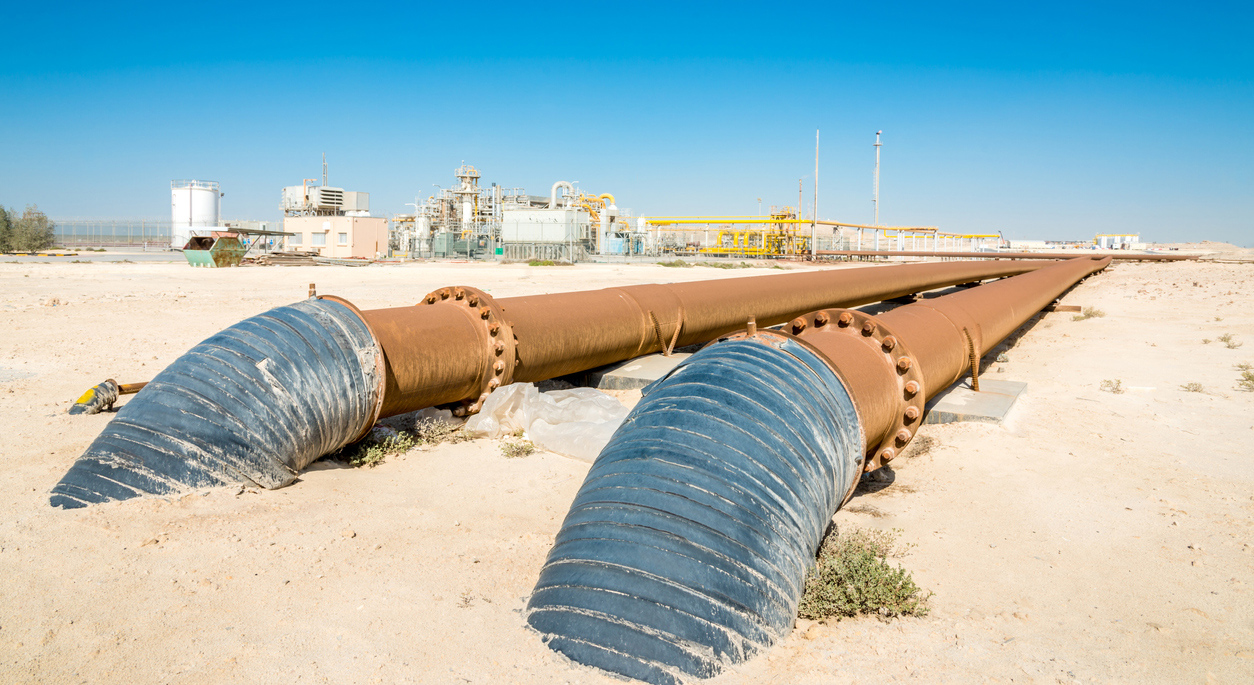If there is one central lesson to be taken from the stock market reaction to this latest disruption in the oil market, it is that oil is utterly central to global economies. There is another lesson as well, visible in the contrast between the two systems in conflict. On one hand, we have thousands of entrepreneurs and small to mid-sized businesses (and a handful of super-giants) that collectively produce oil in the United States; all are subject to the uncertainties of often volatile markets as well as the predations of market manipulators. On the other hand, we have two players, the second and third largest oil producing nations (Saudi Arabia and Russia) that operate as market-manipulating monopolies. As America’s oil production has made an epic resurgence into the market in recent years, the latter two entities are, predictably, threatened. Their recent actions against each other demonstrate the pressure they are feeling in response to America’s enhanced capabilities.
The takeaway for the U.S. is, largely, one that could be gleaned from any long-time veteran of the field: that prices go down and prices go up. That is the nature of the commodity business, especially the world’s largest one. In the U.S., many producers will feel the heat of the oil price collapse in the short term, especially those grappling with high operating costs or debt issues. However, the enormous physical oil resources in U.S. shale exist regardless of price. The key to accessing more of that oil at lower costs lies in technological advances. In other words, shale production was not a "discovery," but a technological change. Thus, compared to conventional oil, the nature of the shale industry is far more amenable to rapid adoption of new digital/software tools that cut costs.
The bottom line is that after suffering through (another) price drubbing, the U.S. shale industry will (in due course) roar back to life, especially as operators adopt the next cycle of new digital technologies.
______________________
Mark P. Mills is a senior fellow at the Manhattan Institute, a faculty fellow at Northwestern University’s McCormick School of Engineering, and author of the new book, Digital Cathedrals.
